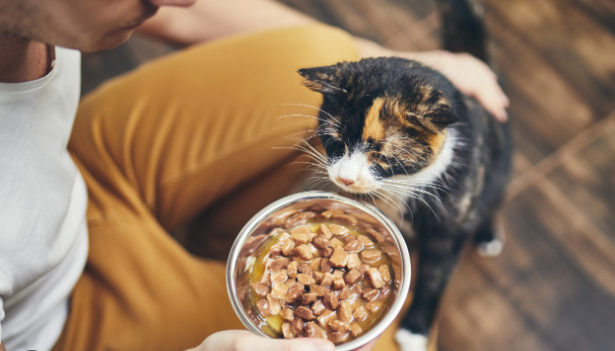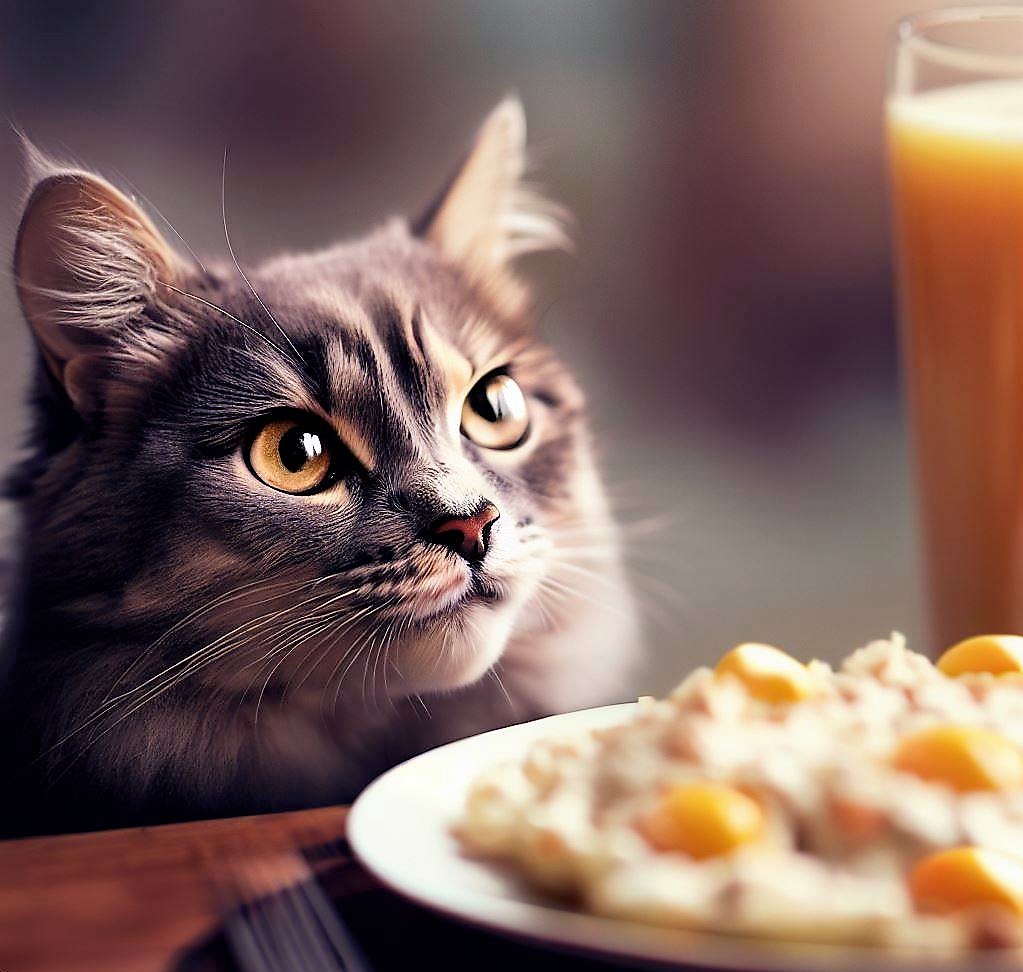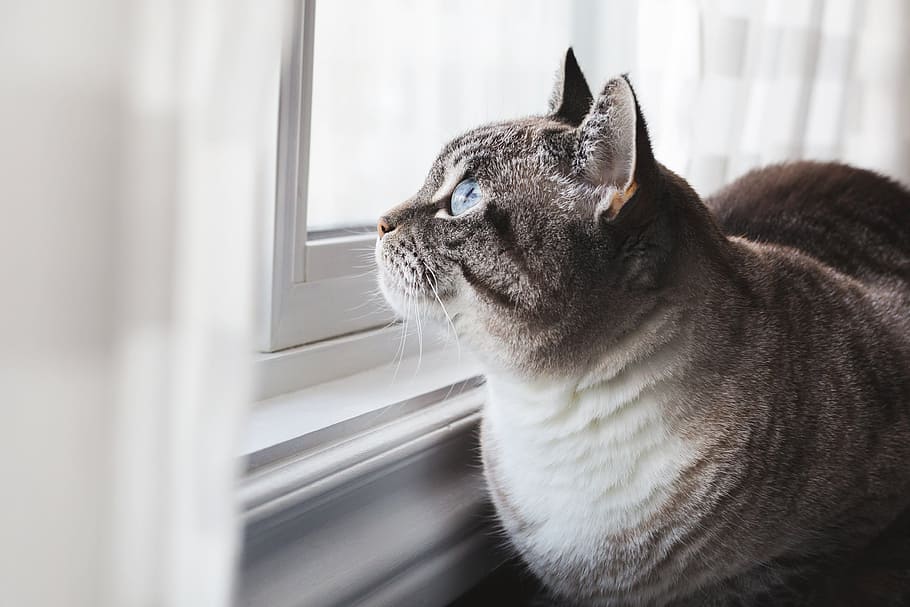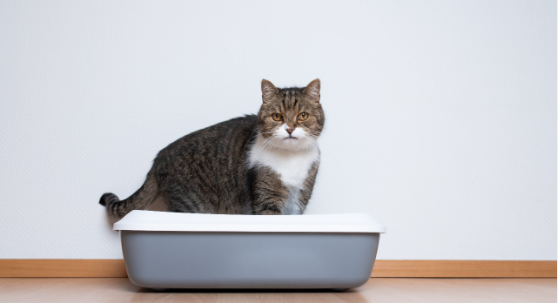What Do Cats Like to Eat?
The Feline Diet: An Overview
Cats are obligate carnivores, meaning they require a diet high in animal-based protein sources to meet their nutritional needs. In nature, cats are natural predators and hunters, feeding primarily on small prey such as birds and rodents. As domesticated animals, cats have adapted to a diet that includes both commercial and homemade cat food made from various animal proteins.
What do cats like to eat?It is important for cat owners to understand the dietary needs of their feline companions to ensure they receive proper nutrition. A balanced diet is essential for maintaining good health and preventing various health issues that can arise from deficiencies or excesses of certain nutrients.
The Importance of Understanding Feline Dietary Habits
Understanding what cats like to eat goes beyond satisfying their taste buds; it is crucial for their overall health and well-being. A poor diet can lead to obesity, dental problems, skin issues, digestive disorders, and other health problems.
Cats have specific nutritional requirements that must be met through a balanced diet. Feeding them an improper diet can lead to significant health issues that may require expensive veterinary care.
Additionally, feeding them too much or not enough can cause weight gain or malnutrition respectively. Understanding your cat’s dietary habits will help you make informed decisions about their food choices and ensure you are providing them with optimum nutrition.
Basic Nutritional Needs of Cats
Cats are obligate carnivores, which means that they require a diet that is high in protein and low in carbohydrates. Unlike humans and other omnivores, cats are unable to produce certain amino acids on their own and must obtain them from the protein in their diet. This is why a balanced diet that includes high-quality animal-based protein sources is essential for cats.
Protein Requirements
Protein is the most important nutrient for cats as it plays a crucial role in maintaining their overall health and well-being. It helps with muscle development, and tissue repair, and ensures healthy skin and fur.
Adult cats require a minimum of 26% protein in their diet, while kittens require a higher amount of at least 30%. The protein source should be from animal-based products such as meat or fish since they contain essential amino acids that cannot be found in plant-based sources.
Fat Requirements
Fat is an essential nutrient for cats as it provides them with energy and helps them absorb necessary vitamins. A well-balanced feline diet should consist of around 9-26% fat content depending on the cat’s age, weight, activity level, and overall health condition. Too much fat can lead to obesity or digestive issues while too little can cause dry skin or fur.
Carbohydrate Requirements
Carbohydrates are not considered essential nutrients for cats since they can obtain energy from fats or proteins instead. However, small amounts of carbohydrates from fruits and vegetables can provide fiber which aids digestion.
Cat foods containing less than 10% carbohydrates are ideal since too much can cause obesity, diabetes or other health issues. Understanding these basic nutritional needs of cats should help you select a balanced cat food formula that meets your furry friend’s dietary requirements.
What Do Cats Like to Eat?:Types of Food

Cats can be picky eaters, and their food preferences may vary based on their individual tastes, age, health, and lifestyle. When it comes to feeding cats, there are several options available, including wet food and dry food. Wet cat food typically contains a higher percentage of moisture than dry cat food and has a more appealing texture for many cats.
It also tends to have fewer carbohydrates and more animal-based protein sources than dry cat food. However, wet cat food can spoil quickly after opening and may be less convenient for some pet owners.
Dry cat food is a popular option because it is convenient to store and serve. It also tends to be less expensive than wet cat food per serving.
Additionally, some types of dry cat foods are formulated to promote dental health by helping clean teeth as cats chew on the kibble. However, some cats may not enjoy the texture of dry cat food or may not drink enough water if they rely solely on this type of diet.
Meat-based diets vs plant-based diets
Cats are obligate carnivores that require high-quality animal protein in their diet to meet their nutritional needs. While some plant-based proteins such as soy or pea protein can provide amino acids needed by cats in limited amounts, most veterinarians recommend that a majority of a feline’s protein intake come from meat sources. Animal proteins contain all the necessary amino acids needed for optimal health in cats.
Some pet owners choose plant-based diets for their cats due to ethical concerns about consuming meat products or because they believe it is healthier for their pets overall. However, there are potential risks associated with feeding cats plant-based diets such as nutrient deficiencies if not properly balanced with essential vitamins and minerals.
Homemade vs commercial cat food
Pet owners have the option of either making homemade meals for their cats or purchasing commercial cat food. Homemade cat food allows pet owners to control the ingredients and quality of the food and can be a good option for cats with specific dietary needs or allergies.
However, it requires careful planning and research to ensure that homemade meals provide all the necessary nutrients that a cat requires. Commercial cat food is formulated to meet the nutritional needs of cats and has undergone extensive testing to ensure safety and quality.
There are several types of commercial cat foods available, including dry, wet, raw, and freeze-dried options. Pet owners should choose a high-quality commercial cat food brand that meets their pet’s nutritional requirements and avoid brands with fillers or artificial additives that may be harmful to their pets’ health.
What Do Cats Like To Eat?:Specific Foods Groups!
Cats are obligate carnivores, which means they require a high-protein diet. While meat options like chicken, turkey, beef, and fish are all great sources of protein for cats, it is important to choose lean cuts with as little fat as possible.
Fish like salmon and tuna can provide essential omega-3 fatty acids that are beneficial for a cat’s heart and coat health. However, it is important to note that fish should be fed in moderation due to the risk of mercury poisoning.
In addition to meat options, cats may also enjoy certain fruits and vegetables as part of their diet. Carrots, peas, sweet potatoes, and blueberries can be added to wet food or given as snacks.
These fruits and vegetables contain essential vitamins and minerals that can benefit a cat’s overall health. It is important to note that not all fruits and vegetables are safe for cats – grapes, raisins, onions, and garlic can be toxic.
Dairy Products: Cheese & Yogurt
Many people believe that cats love milk but in reality, most adult cats are lactose intolerant which makes dairy products like milk a bad choice for their digestive system. However, some dairy products like cheese or yogurt can be added in moderation to their diet without causing diarrhea or other digestive issues.
Cheese is high in fat content so it should only be provided occasionally; cheddar cheese may contain more lactose than other types of cheese so it’s best avoided altogether. Yogurt on the other hand contains live bacteria cultures which can help improve gut health; plain Greek yogurt without sugar or artificial flavors may work well for most cats if introduced gradually into their diet.
Overall when choosing specific foods for your cat’s diet it is important to provide variety while sticking to the basic nutritional needs of your pet. It’s best not to experiment with new foods too often or stray away from a balanced diet of proteins and vegetables.
What Do Cats Like To Eat?:Foods that Cats Should Avoid
Toxic foods for cats: chocolate, onions, garlic
While chocolate may be a delicious treat for humans, it is highly toxic to cats. Chocolate contains theobromine, which can cause vomiting, diarrhea, seizures, and even death in cats if they ingest enough of it. Onions and garlic are also extremely dangerous for cats to consume.
These foods contain compounds that can damage a cat’s red blood cells and cause anemia. Symptoms of onion or garlic poisoning in cats include weakness, lethargy, and pale gums.
It’s important to note that even small amounts of these toxic foods can have serious health consequences for your cat. Always keep these foods out of reach and dispose of them properly to prevent accidental ingestion by your furry friend.
Foods that can cause digestive issues: milk and other dairy products
While many people believe that cats love milk and other dairy products like cheese or yogurt, these items are actually not well-tolerated by most felines. Cats do not have sufficient levels of lactase in their digestive systems which makes it difficult for them to break down lactose – the sugar found in milk. Feeding your cat dairy products can lead to digestive upset such as diarrhea or vomiting.
If your cat does enjoy the taste of dairy products but has difficulty digesting them, you might consider offering a lactose-free option instead. It’s always best to consult with your veterinarian about what foods are safe and appropriate for your cat’s individual dietary needs.
Conclusion
Summary of the Main Points Discussed in the Article
Cats have specific nutritional needs that should be met for their overall health and well-being. These needs include high protein and fat requirements, and a low need for carbohydrates. Additionally, cats prefer wet food over dry, with meat-based diets being more beneficial than plant-based diets.
When considering homemade versus commercial cat food, it is important to ensure that cats receive all the necessary nutrients in their diet. Further, there are specific foods that cats enjoy eating such as chicken, turkey, fish, carrots, sweet potatoes, and cheese.
However, it is imperative to avoid toxic foods such as chocolate or onions which can seriously harm your cat’s health. Foods that can cause digestive issues such as milk or other dairy products should also be avoided.
Importance of Feeding Cats a Balanced Diet for Their Overall Health and Well-being
Feeding your cat a balanced diet is crucial in keeping them healthy throughout their life. A balanced diet will help prevent obesity-related illnesses while providing enough energy for daily activities. Additionally, feeding your cat the right kinds of food can help maintain a healthy coat and prevent dental problems from developing.
By understanding what types of foods your cat likes to eat and what they need nutritionally to stay healthy you can help them live long and happy lives. Providing them with a variety of foods while avoiding harmful ones will go a long way toward maintaining their overall well-being.
As a responsible pet owner, you play an important role in ensuring that your furry friend receives proper nutrition throughout their lifetime. So next time you’re planning meals for your beloved feline friend remember this article on what cats like to eat!
Do you want to know what is your cat’s favourite food even if they are fussy eaters? We have more information on this website
Do you want to know what human foods that you can give you cat that is safe for them? We have more information on this website
Do you ever wonder what food that you can give to your cat instead of cat food? We have more information on this website




